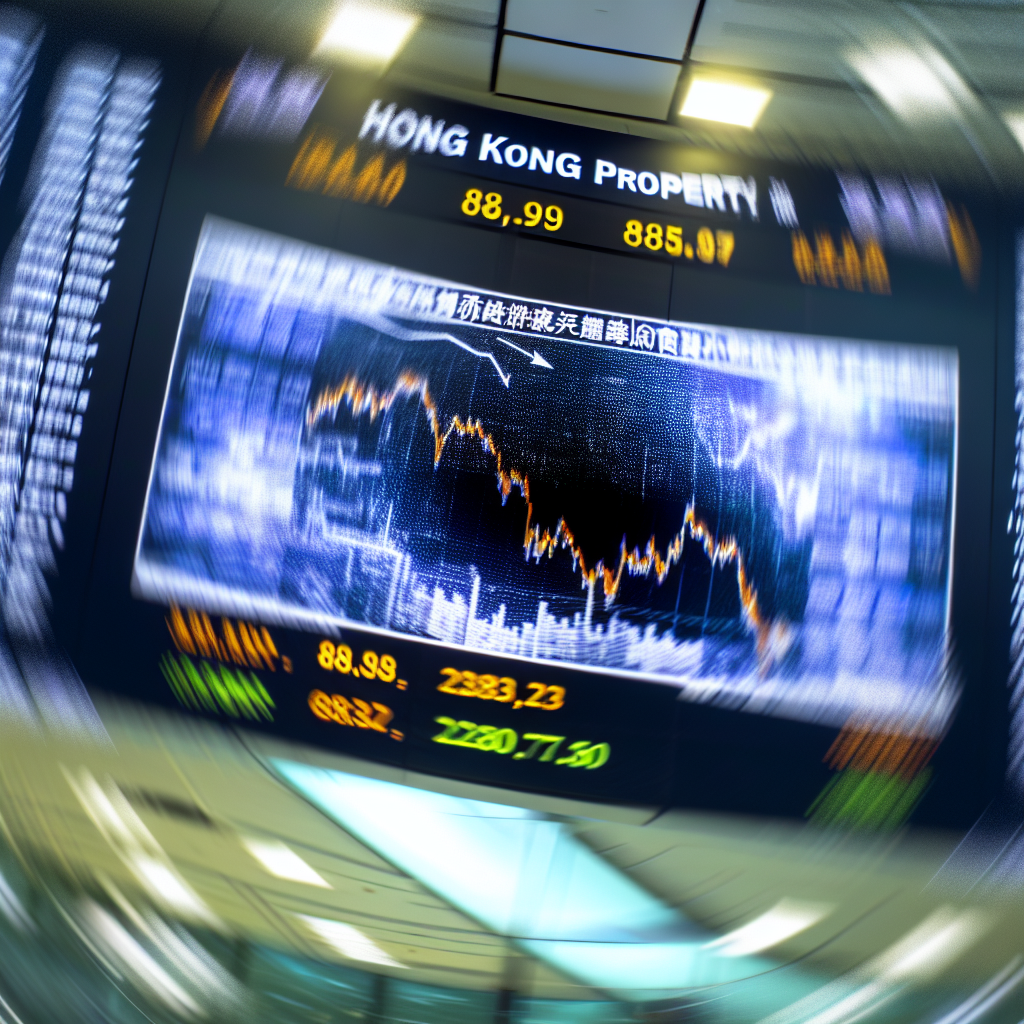Hong Kong Property Stocks Tumble as New Regulations Take Effect
The Hong Kong property market, long regarded as one of the most lucrative and dynamic in Asia, has recently experienced significant turbulence. This downturn is largely attributed to the introduction of new government regulations aimed at cooling the overheated real estate sector. As these policies take effect, property stocks have seen a sharp decline, raising concerns among investors and stakeholders about the future trajectory of the market.
Understanding the New Regulatory Framework
In an effort to stabilize housing prices and curb speculative activities, the Hong Kong government implemented a series of regulatory measures in early 2024. These include:
- Increased Stamp Duties: The government raised stamp duties on property transactions, particularly targeting non-resident buyers and multiple property owners to discourage speculative purchases.
- Stricter Mortgage Lending Rules: Banks are now required to enforce tighter loan-to-value (LTV) ratios, reducing the amount of financing available for property purchases.
- Enhanced Transparency Requirements: Developers must disclose more detailed information about pre-sale properties, aiming to protect buyers from misleading marketing practices.
- Restrictions on Land Supply: The government has slowed down the release of new land parcels for development to prevent oversupply and maintain market stability.
These measures collectively aim to cool down the property market, which has seen prices surge by over 20% in the past two years, according to the Hong Kong Property Review 2023.
Impact on Property Stocks
The immediate effect of these regulations has been a sharp decline in the share prices of major Hong Kong property developers. For instance, companies like Sun Hung Kai Properties, Henderson Land Development, and New World Development have all reported stock price drops ranging from 8% to 15% within weeks of the policy announcements.
Market analysts attribute this decline to several factors:
- Reduced Investor Confidence: Tighter regulations signal a less favorable environment for rapid capital gains, prompting investors to reassess their positions.
- Lower Sales Volumes: With higher transaction costs and stricter lending, property sales have slowed, impacting developers’ revenue forecasts.
- Increased Financing Costs: Developers face higher borrowing costs due to the new lending restrictions, squeezing profit margins.
For example, Sun Hung Kai Properties reported a 12% drop in its stock price within a month, coinciding with a 10% decline in its quarterly sales volume. Similarly, Henderson Land Development’s shares fell by 10%, reflecting investor concerns over the company’s ability to maintain growth under the new regulatory environment.
Case Study: The Ripple Effect on the Broader Economy
The property sector is a critical pillar of Hong Kong’s economy, contributing approximately 20% to the GDP and employing hundreds of thousands of workers. The slump in property stocks has had a ripple effect across related industries such as construction, banking, and retail.
For instance, banks have reported a slowdown in mortgage lending, with HSBC and Bank of China (Hong Kong) noting a 15% drop in new mortgage applications in Q1 2024. Construction firms are also experiencing delays in project launches, leading to reduced demand for materials and labor.
Moreover, consumer sentiment has been affected, with potential homebuyers adopting a wait-and-see approach amid uncertainty. This cautious behavior further dampens market activity, creating a feedback loop that prolongs the market adjustment period.
Looking Ahead: What Investors Should Watch
Despite the current downturn, some experts believe the new regulations could lead to a healthier and more sustainable property market in the long term. Key factors for investors to monitor include:
- Government Policy Adjustments: Any easing or tightening of regulations will significantly influence market dynamics.
- Economic Indicators: Hong Kong’s GDP growth, employment rates, and interest rate trends will impact property demand and stock performance.
- Developers’ Strategic Responses: How companies adapt through diversification, cost management, and innovation will determine their resilience.
- Regional Market Trends: The interplay between Hong Kong and mainland China’s property markets could create new opportunities or challenges.
Investors are advised to conduct thorough due diligence and consider a diversified portfolio approach to mitigate risks associated with the volatile property sector.
Conclusion
The recent tumble in Hong Kong property stocks underscores the profound impact of regulatory interventions on one of the city’s most vital economic sectors. While the new measures aim to curb speculation and stabilize prices, they have also introduced short-term challenges for developers, investors, and the broader economy. By understanding the regulatory landscape and its implications, stakeholders can better navigate the evolving market conditions. Ultimately, these changes may pave the way for a more balanced and sustainable property market, benefiting Hong Kong’s economy in the years to come.





